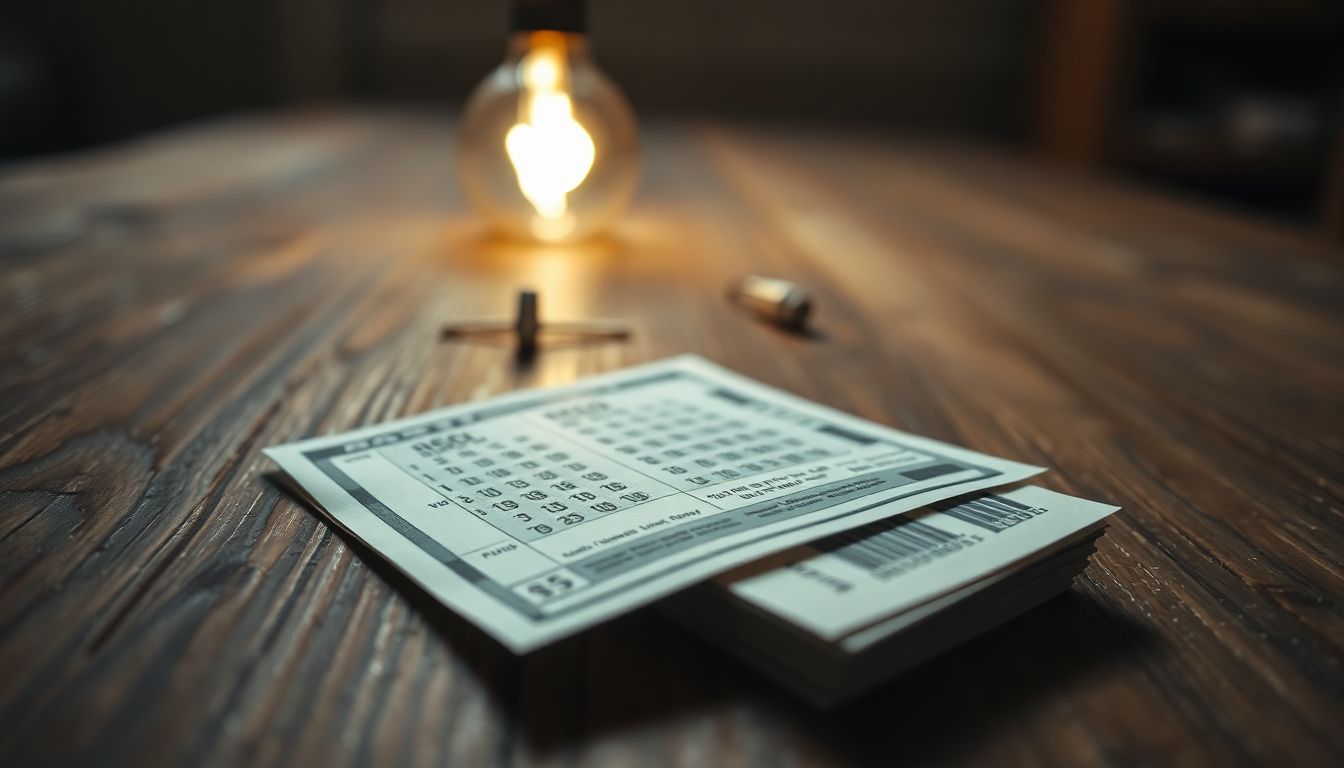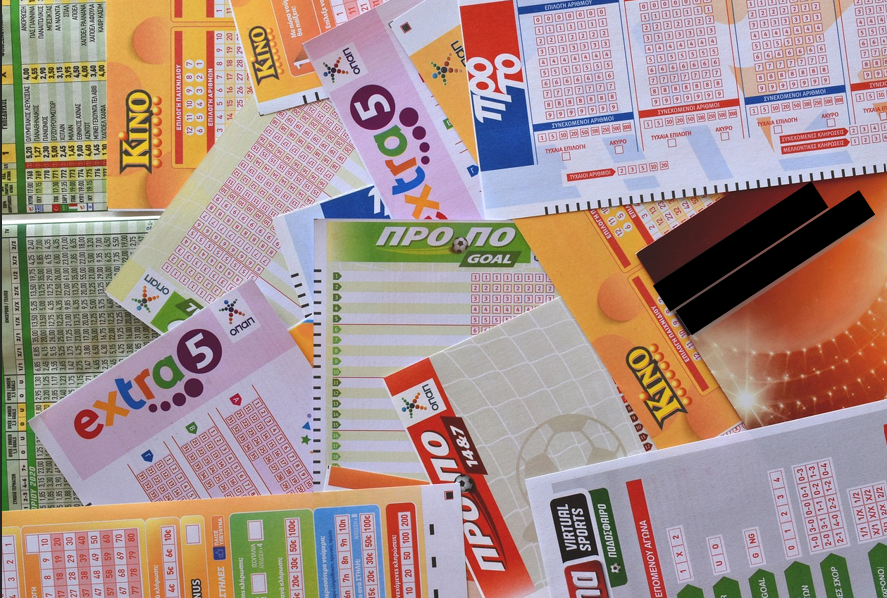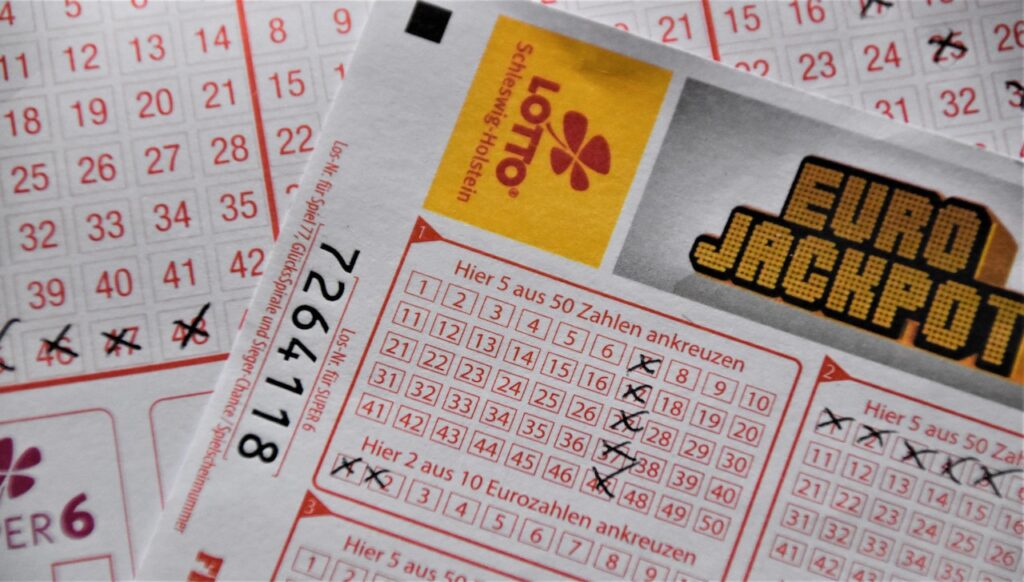The allure of winning big in the lottery pulls many people in. The idea of striking it rich overnight is captivating. However, the odds of hitting the jackpot are often overshadowed by the fantasies we build around winning. Understanding lottery odds can help set realistic expectations while still enjoying the excitement of playing.
Understanding Probability and Odds
Defining Probability: The Likelihood of an Event
Probability tells us how likely something is to happen. In the context of a lottery, it’s a way to express your chances of winning. For example, if a lottery has 1 million tickets sold and you buy one, your probability of winning is 1 in 1 million.
Understanding Odds Ratios: Expressing Probability Differently
Odds offer another way to look at the chances of winning. Odds are often expressed in a ratio. For instance, if the probability of winning is 1 in 10, the odds are 1:9. Comparing probability and odds can help clarify the risk involved.
Simple Probability Calculations in Lottery Games
To calculate probability, use this formula:
- Probability = (Number of favorable outcomes) / (Total number of outcomes)
Using this formula can help you see the real chances of winning any lottery game.
Examining Lottery Game Mechanics
Different Lottery Game Types: Exploring Variations
Lottery games come in various forms:
- Scratch-off Tickets: Instant wins based on tickets.
- Draw Games: Players select numbers for a drawing.
- Multistate Lotteries: Games like Powerball that offer huge jackpots across multiple states.
Each type has its own odds and mechanics.
The Role of Random Number Generators (RNGs)
Many lotteries use RNGs to ensure fairness. These systems generate numbers randomly, making it impossible to predict or manipulate outcomes. This randomness is what keeps the lottery exciting yet unpredictable.
How Lottery Numbers Are Drawn and Verified
Lottery drawings typically take place in public to maintain transparency. An independent auditor verifies the numbers drawn to assure participants that the process is trustworthy.
Calculating Lottery Odds for Common Games
Calculating Odds for Powerball or Mega Millions
To find out the odds of winning Powerball, look at the total number of combinations. Powerball requires you to pick five white balls from 69 and one red ball from 26, which gives you a 1 in 292.2 million chance of winning the jackpot.
Example Calculation: Illustrating the Process with Real Data
For instance, in a simple lottery where you pick 6 numbers from 49, the odds can be calculated as follows:
- Total combinations = 49! / (6! * (49-6)!)
- This results in odds of 1 in 13,983,816.
Calculating Odds for Smaller Lotteries: State-Specific Examples
Smaller state lotteries often have better odds. For example, in a state lottery with 10,000 tickets, your odds of winning could be 1 in 10,000, which is significantly better than national games.
Strategies for Increasing Your Chances (Slightly)
Choosing Your Numbers Strategically: Common Misconceptions
Many believe that some numbers are “luckier” than others. However, every number has the same chance of being drawn, so choose numbers that resonate with you, not ones that are perceived as lucky.
Avoiding Number Patterns: Randomness Is Key
Avoid picking numbers in a sequence, like 1, 2, 3, 4, 5. Lottery draws are random, and patterns can reduce your chances.
Playing Consistently: The Myth of “Due” Numbers
A common myth is that some numbers are “due” to win. Each drawing is independent, and past results do not affect future outcomes.
Responsible Lottery Play: Setting Limits and Managing Expectations
Budgeting for Lottery Tickets: Setting Realistic Limits
Set a budget for how much you’re willing to spend on lottery tickets. This keeps the experience fun without breaking the bank.
Avoiding Problem Gambling: Recognizing the Warning Signs
Be aware of the signs of problem gambling, such as chasing losses or spending more than planned. It’s essential to know when to stop.
Focusing on Entertainment Value: Shifting Your Perspective
Remember, lottery play should be about enjoyment. The thrill of the game is what matters, not just the potential fortune.
Conclusion: Informed Lottery Play for Better Outcomes
Key Takeaways: Understanding and Managing Expectations
Understanding lottery odds and probability can help you play smarter. It’s crucial to know your chances and have fun without unrealistic expectations.
Responsible Gambling Resources: Accessing Help and Support
If you feel that gambling is becoming a problem, seek help through local support groups or national resources, offering confidential assistance.
The Bottom Line: Enjoying the Game While Being Realistic
Winning the lottery is an exciting dream, but it’s essential to stay grounded. Play responsibly, understanding the odds, and enjoy the experience!







Facebook Comments